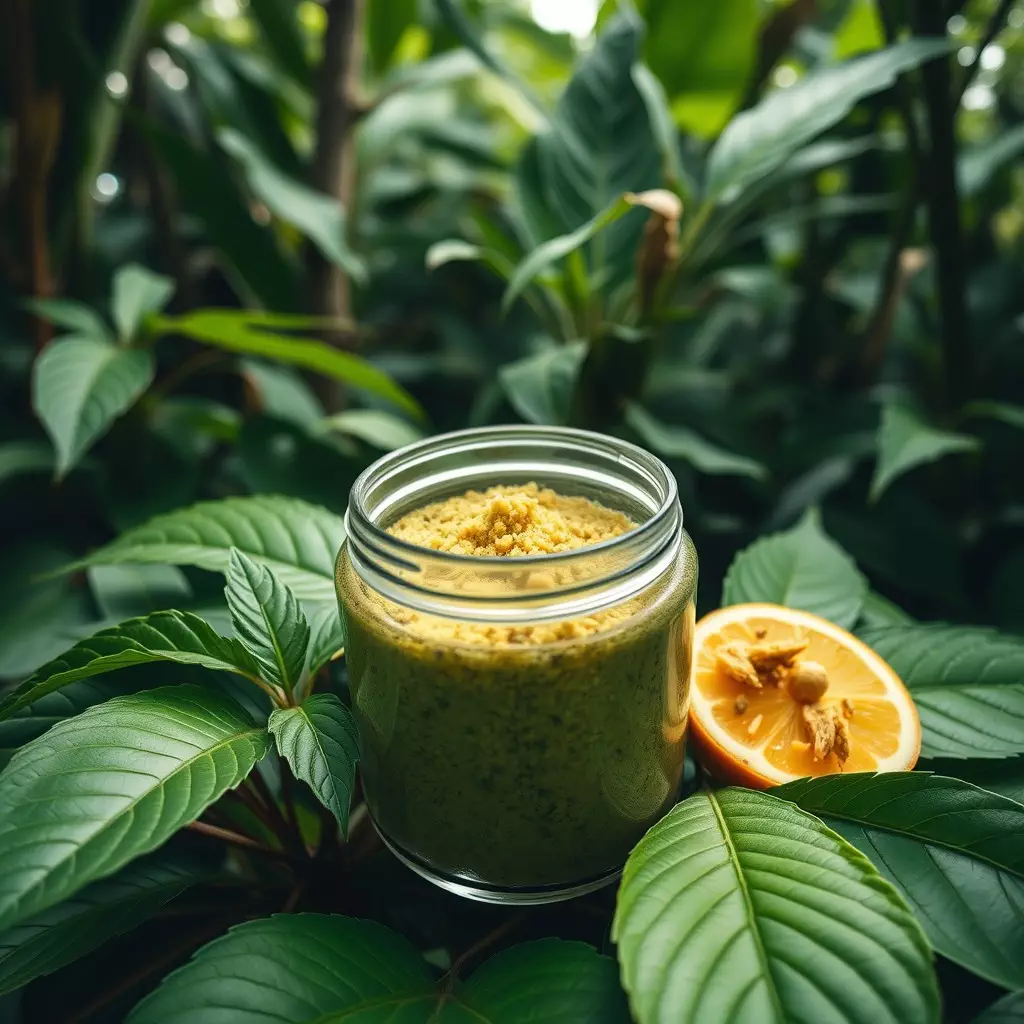Yellow Vein Kratom Powder, a specialized Mitragyna speciosa variant known for its energizing and focus-enhancing properties, is not currently tested for by the U.S. Army, contrary to popular belief. The military uses advanced techniques like GC-MS and immunoassay tests to detect kratom use, with serious disciplinary action possible upon positive results due to varying legal statuses. Therefore, military personnel should prioritize approved health and wellness options rather than risk potential consequences associated with kratom use.
Yellow Vein Kratom Powder has gained popularity for its unique effects, but it raises concerns among service members. This article delves into the substance, exploring what Yellow Vein Kratom is, how it’s tested and detected by the military, and the implications for service members. With ‘does army test for kratom’ being a pressing question, we provide insights to enhance understanding and highlight the importance of awareness.
- What is Yellow Vein Kratom Powder?
- How is it Tested and Detected by the Army?
- Understanding the Implications for Service Members
What is Yellow Vein Kratom Powder?
Yellow Vein Kratom Powder is a specialized form of mitragynine, the primary psychoactive compound found in the kratom plant (Mitragyna speciosa). Known for its distinctive yellow hue, this variant differs from other popular forms like green and red vein kratom. The unique color is attributed to higher levels of chlorophyll during the plant’s growth cycle, resulting in a distinct flavor and potential effects.
In terms of potency, Yellow Vein Kratom Powder is renowned for its balanced combination of stimulatory and sedative properties, making it versatile for various user needs. It offers a gentle energizing effect, often described as more mental than physical, which can enhance focus and productivity. Interestingly, contrary to some beliefs, the U.S. Army does not currently test for kratom use in soldiers, focusing instead on performance-enhancing drugs and controlled substances.
How is it Tested and Detected by the Army?
The US Army, like many other law enforcement agencies, employs advanced testing methods to detect the presence of kratom and its active compounds, particularly mitragynine and 7-hydroxymitragynine. The process often involves utilizing specialized equipment and techniques to analyze samples. One common method is gas chromatography-mass spectrometry (GC-MS), which can identify and quantify specific chemical markers in substances like kratom powder. This technology allows Army scientists to detect even trace amounts of kratom, ensuring accuracy in identifying its use.
Additionally, the Army may use immunoassay tests, a type of rapid screening method that utilizes antibodies to detect the presence of mitragynine in bodily fluids. These tests are often employed as a preliminary screen during field tests or drug checking programs. If a sample screens positive for kratom, further confirmation using more sophisticated techniques like GC-MS is typically conducted to ensure accuracy and avoid false positives.
Understanding the Implications for Service Members
For service members, understanding the implications of using yellow vein kratom powder is paramount. While some may turn to alternative remedies like kratom for stress relief or pain management, it’s crucial to consider the potential consequences. The U.S. Army, among other branches, tests for substances like kratom in service members due to its growing prevalence and variable legal status across states. Positive tests can lead to disciplinary action, including administrative penalties or even court-martial, which could affect a service member’s career and benefits.
Given the unknowns surrounding kratom’s effects and varying legality, service members should approach it with caution. It’s essential to prioritize health and wellness through established channels, such as military-approved treatments and support services. Consulting with medical professionals who understand the unique needs of service members is key to making informed decisions about managing stress and pain without risking potential career or legal repercussions, especially considering that does army test for kratom.
Yellow Vein Kratom Powder, known for its unique properties, has sparked interest but also raised concerns, especially regarding its potential impact on service members. As discussed, the Army tests for kratom using advanced methods to detect its presence in urine samples. Understanding these implications is crucial for anyone considering its use, as it can have severe consequences for military personnel. Remember that the Army’s strict testing measures highlight the importance of being aware of the effects and potential risks associated with kratom consumption, especially if you’re a service member.






